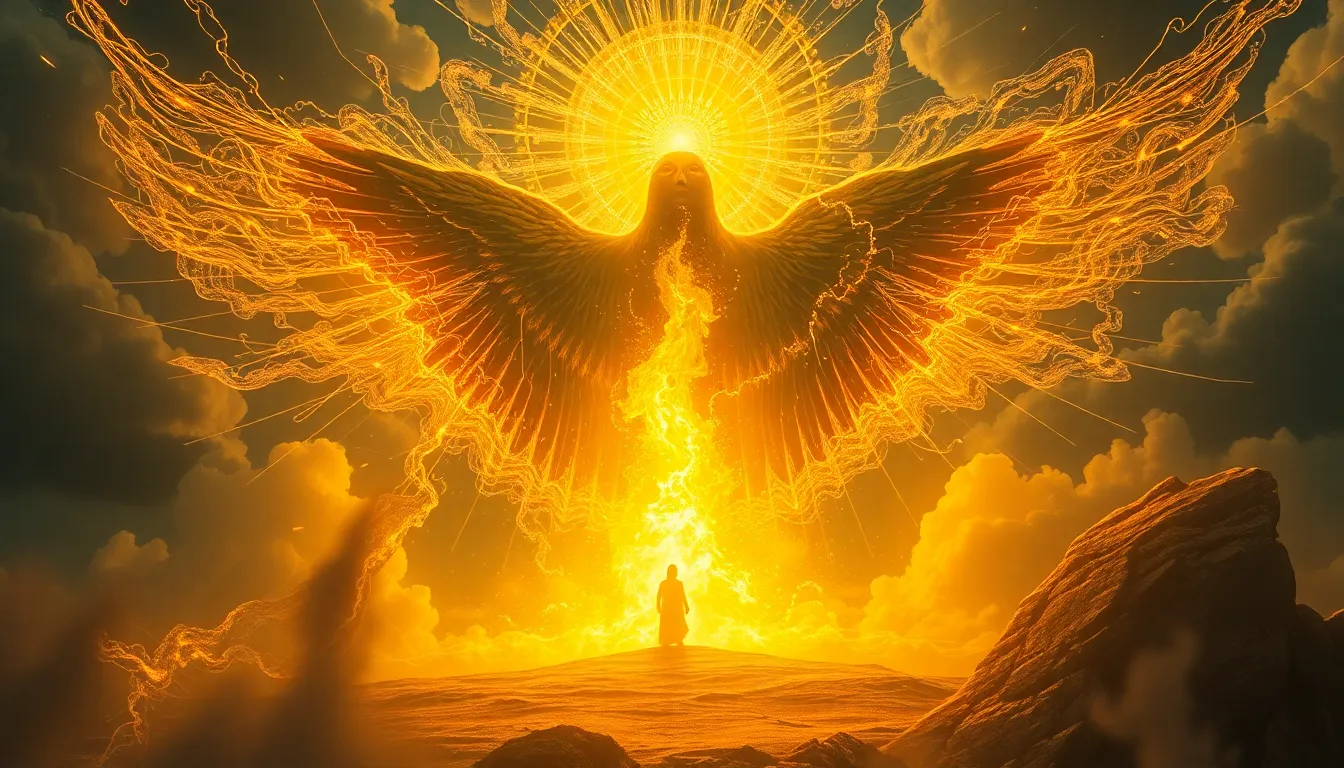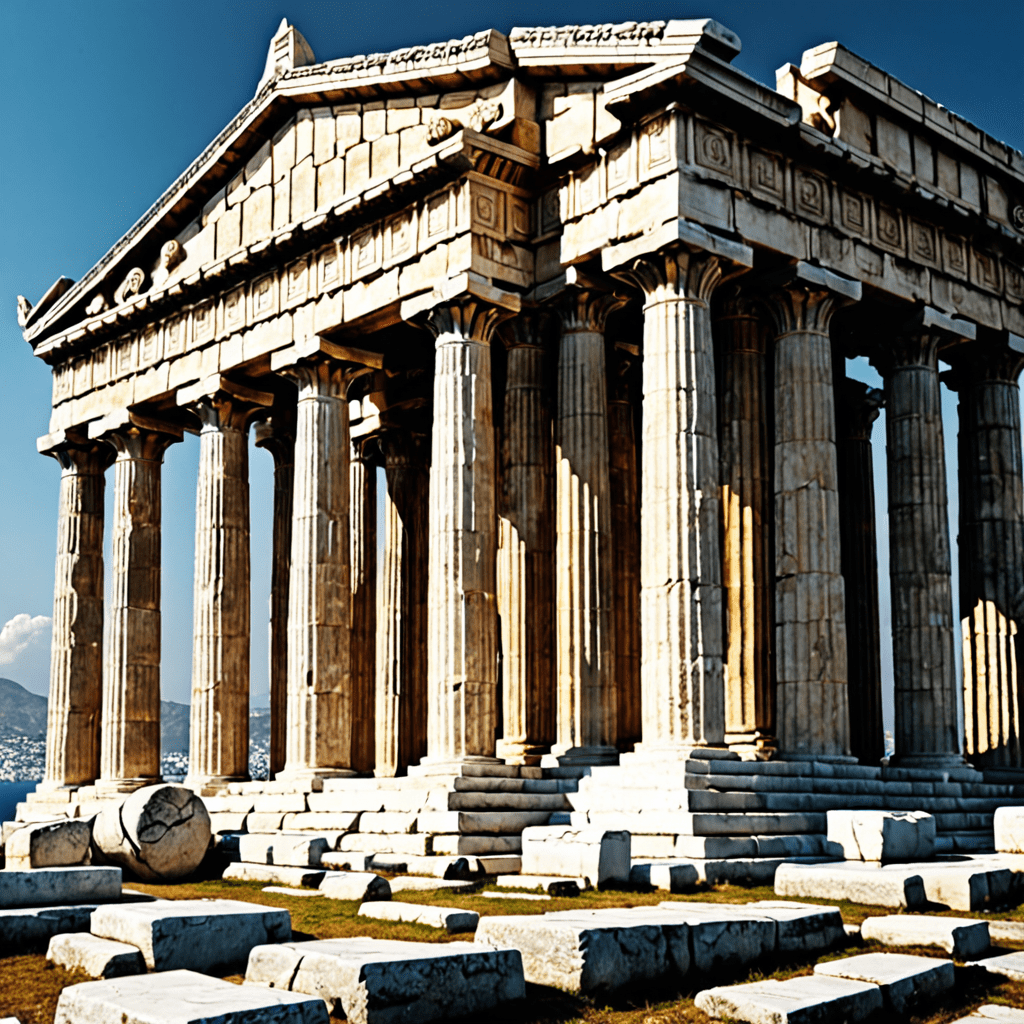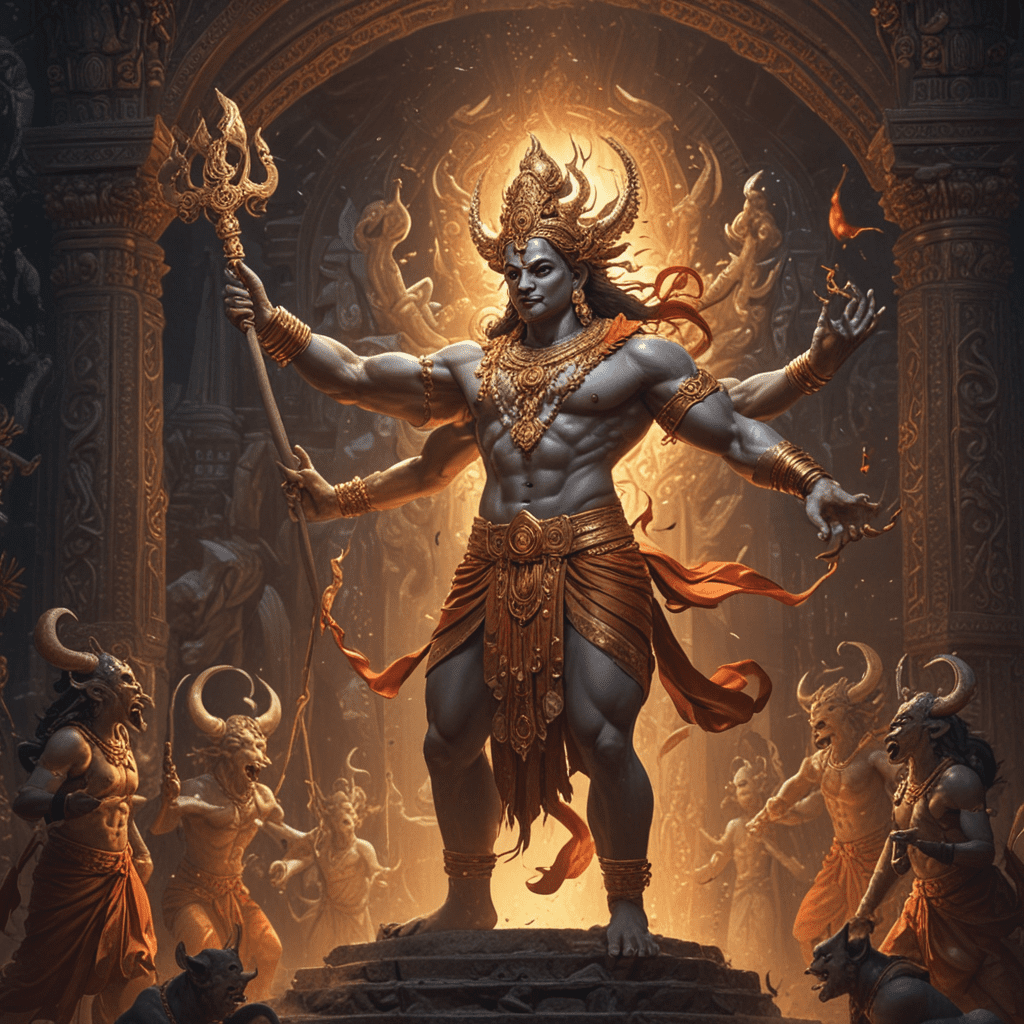The Divine Playbook: How Creation Myths Influence Modern Beliefs
I. Introduction
Creation myths are foundational narratives that explain the origins of the world, humanity, and various cultural aspects. They serve as a lens through which societies understand their place in the cosmos. These myths are not merely ancient stories; they are integral to the cultural fabric of human civilization.
Throughout history, creation myths have provided societies with frameworks to comprehend existential questions, establish moral norms, and create a sense of community. This article will explore the significance of creation myths in ancient civilizations, their key themes, their evolution into religious narratives, their influence on modern spirituality, and their interaction with science. Additionally, we will examine how these myths shape moral frameworks, inspire art and literature, and respond to globalization.
II. The Role of Creation Myths in Ancient Civilizations
Creation myths vary significantly across cultures, yet they serve essential functions in society. For instance:
- Mesopotamian Mythology: In the Enuma Elish, the universe is created from the chaos of primordial waters, establishing order through divine action.
- Egyptian Mythology: The story of Atum creating himself and then the world emphasizes the importance of cycles and rebirth.
- Indigenous Narratives: Many Indigenous cultures have creation stories that explain the interconnection of all life, highlighting the importance of harmony with nature.
These myths often provide explanations for natural phenomena, establish societal order, and offer moral guidance. The geographical context also shapes these narratives; for example, the reliance on rivers in Mesopotamian myths reflects the civilization’s dependence on the Tigris and Euphrates.
III. Key Themes in Creation Myths
Despite cultural differences, many creation myths share common motifs:
- Chaos to Order: Many narratives begin with chaos, followed by the emergence of order through divine intervention.
- Divine Intervention: Gods or supernatural beings frequently play crucial roles in the creation process.
- Cycles of Life: Myths often emphasize natural cycles, such as the seasons, life, death, and rebirth.
These themes have profound psychological and philosophical implications, providing insights into humanity’s quest for meaning and identity. The commonality of these motifs suggests a shared human experience, despite cultural differences.
IV. The Transition from Myth to Religion
As societies evolved, many creation myths transitioned into broader religious narratives. This evolution was often facilitated by oral traditions, which allowed for the adaptation and preservation of stories across generations.
The merging of mythological and theological perspectives can be seen in various world religions, where creation stories form the backbone of religious doctrines, helping to establish authority and community structure.
V. Creation Myths in Modern Spirituality
In recent years, there has been a resurgence of interest in ancient creation myths within contemporary spirituality. Many modern spiritual movements reinterpret traditional narratives, finding relevance in their themes of interconnectedness and the sacredness of nature.
This revival often leads to new religious movements that draw upon ancient wisdom while addressing modern existential concerns. Creation myths thus play a crucial role in shaping modern spiritual practices.
VI. Science vs. Creation Myths: A Cultural Dialogue
The relationship between scientific explanations and creation myths has been contentious yet complex. While science offers empirical explanations for the origins of the universe, many people still hold on to mythological beliefs. Public perception often reflects a spectrum of acceptance and skepticism regarding scientific findings.
Case studies demonstrate instances of both conflict and harmony between myth and science:
- Conflict: The debate over evolution versus creationism highlights deep divides in public understanding and belief.
- Harmony: Some individuals find ways to integrate scientific understanding with spiritual beliefs, viewing them as complementary rather than contradictory.
VII. Creation Myths and Moral Frameworks
Creation stories often shape ethical beliefs and social norms within cultures. They serve as foundational narratives that promote community values and sense of identity. For example:
- Many creation myths emphasize the importance of stewardship over the earth, fostering environmental ethics.
- Myths often contain moral lessons, such as the consequences of hubris or the value of cooperation and community.
These narratives influence how societies establish laws and norms, emphasizing the shared values derived from a common understanding of creation.
VIII. The Impact of Creation Myths on Art and Literature
Creation myths have profoundly influenced storytelling and creative expression throughout history. Many notable works draw inspiration from creation narratives:
- Literature: Novels and poems often explore themes of creation, identity, and existence, showcasing the enduring nature of these myths.
- Visual Arts: Artists often depict creation stories through paintings, sculptures, and installations, preserving and interpreting these narratives for contemporary audiences.
Through various artistic mediums, the interpretation of creation myths continues to evolve, reflecting societal changes and cultural dialogues.
IX. Globalization and the Sharing of Creation Myths
Globalization has facilitated the dissemination of creation myths across cultures, leading to intercultural exchanges and the hybridization of beliefs. This sharing presents both opportunities and challenges:
- Opportunities: Increased cross-cultural understanding can foster respect for diverse beliefs and practices.
- Challenges: The risk of cultural appropriation and misinterpretation of indigenous narratives can arise, highlighting the need for sensitivity and respect.
Preserving indigenous creation narratives is crucial, as they offer unique insights into human existence and relationship with nature.
X. Conclusion
Creation myths have an enduring impact on modern beliefs, shaping our understanding of existence, morality, and community. They serve as a bridge between ancient wisdom and contemporary spirituality, illustrating the timeless nature of these narratives. Understanding creation myths allows us to appreciate the rich tapestry of human culture and the diverse ways in which we seek meaning in our lives.




